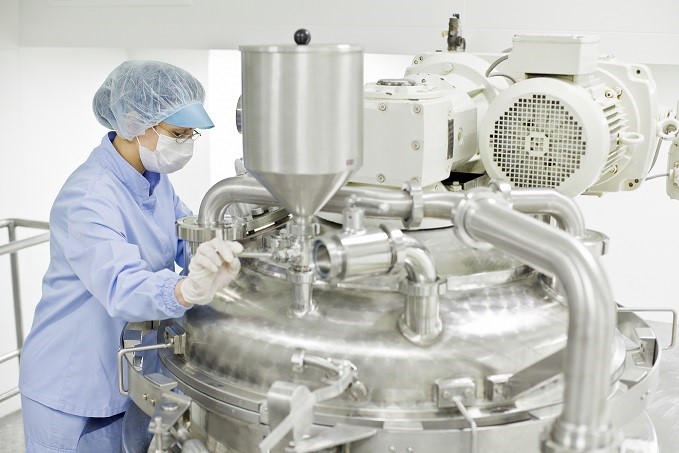A steam boiler plays a vital role in many industries by providing consistent energy for heating, power generation, and production. However, when maintenance is neglected, energy efficiency drops, operating costs rise, and reliability suffers. Proper boiler maintenance not only prevents unexpected breakdowns but also ensures maximum energy output and longer equipment life. Regular inspection, cleaning, and performance monitoring are key practices that keep the boiler running at peak efficiency
Why Steam Boiler Maintenance Matters
A well-maintained steam boiler ensures that energy is used efficiently. Over time, scale buildup, corrosion, and leaks can reduce heat transfer, causing higher fuel consumption. Regular maintenance helps detect these issues early, ensuring the system performs safely and reliably.
Main benefits include:
- Improved energy efficiency and reduced fuel usage
- Extended boiler lifespan
- Fewer unplanned shutdowns and costly repairs
- Stable pressure and steam quality for consistent operations
Essential Maintenance Practices
To achieve better energy output and reliability, focus on these key maintenance steps:
- Regular Inspection
Frequent checks of pressure gauges, safety valves, and control systems are essential. Look for signs of wear, corrosion, and leakage. Any irregular readings or sounds should be addressed immediately to avoid potential hazards. Energy-conscious facilities achieve longer equipment life by following the expert tips shared at https://sosomodapks.com/steam-boiler-maintenance-tips-keeping-your-system-efficient-and-safe/ for proper maintenance routines.
- Proper Water Treatment
Poor water quality leads to scale and corrosion, which decrease heat transfer efficiency. Use proper water treatment methods to control pH levels, remove impurities, and prevent mineral deposits.
- Cleaning and Descaling
Soot and scale buildup act as insulators inside the boiler, making it harder to transfer heat. Periodic cleaning and descaling keep internal surfaces clear, helping maintain optimal heat exchange and fuel efficiency.
- Calibration of Instruments
Ensure that pressure controls, temperature sensors, and safety devices are properly calibrated. Accurate readings allow operators to make precise adjustments and maintain steady system performance.
- Monitoring Fuel and Combustion Efficiency
Poor combustion wastes energy and increases emissions. Regularly inspect burners, check air-fuel ratios, and clean combustion chambers to enhance fuel efficiency.
Safety and Reliability Enhancement
Boiler safety is closely tied to maintenance. Faulty components or neglected cleaning can cause pressure fluctuations, leaks, or even system failure. Implementing a scheduled maintenance plan ensures each part operates within safe limits.
Key reliability tips:
- Maintain a maintenance log to track inspections and repairs
- Train operators to recognize warning signs and perform daily checks
- Schedule periodic professional assessments to validate system health
Energy Optimization through Maintenance
Consistent maintenance directly impacts energy output. Clean tubes, balanced fuel-air ratios, and leak-free systems help boilers operate efficiently with minimal energy loss. Even small improvements in efficiency can lead to significant cost savings over time.
Energy-saving highlights:
- Optimize combustion settings regularly
- Insulate pipes and valves to reduce heat loss
- Replace worn gaskets and seals promptly
Proper steam boiler maintenance is the foundation of energy efficiency and system reliability. Through regular inspections, cleaning, and performance monitoring, boilers deliver maximum output with minimal fuel consumption. A proactive maintenance plan not only extends equipment life but also ensures safe and consistent energy production keeping operations efficient, cost-effective, and dependable.
